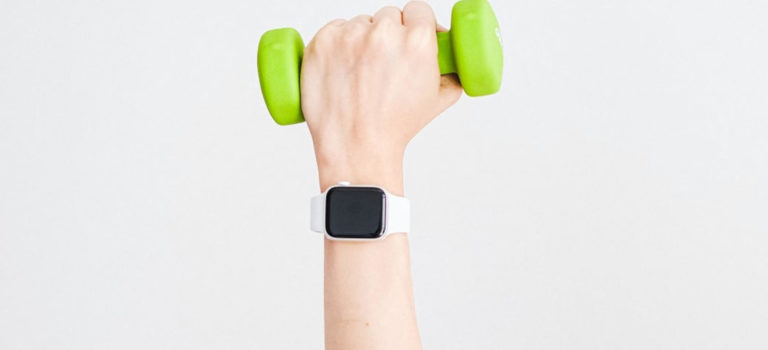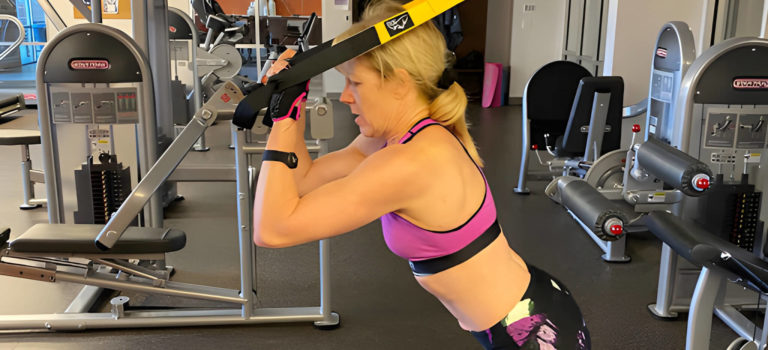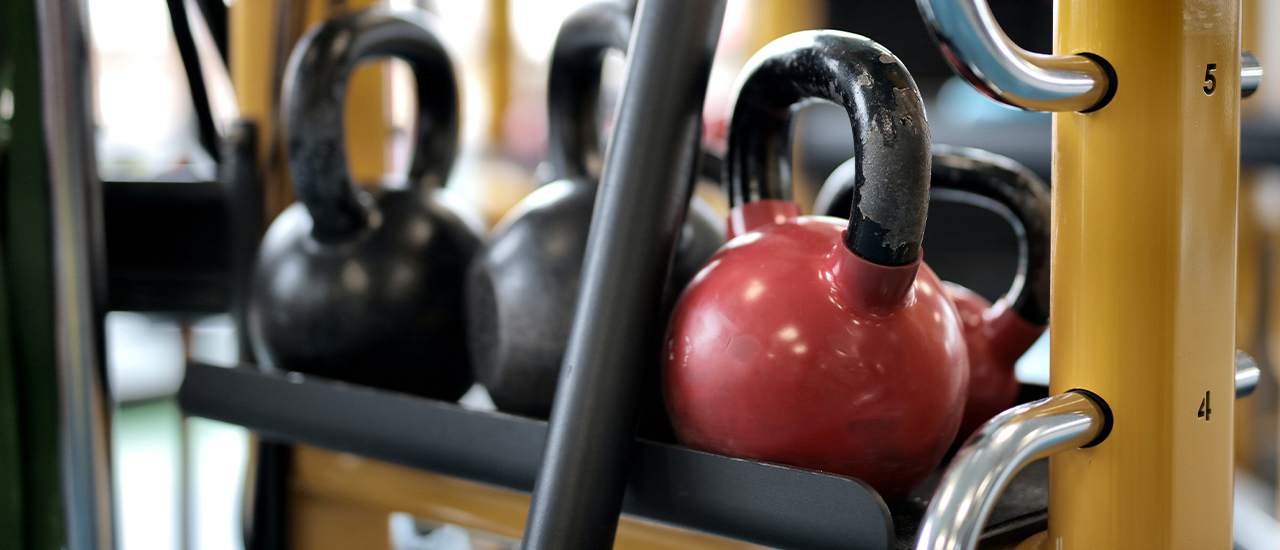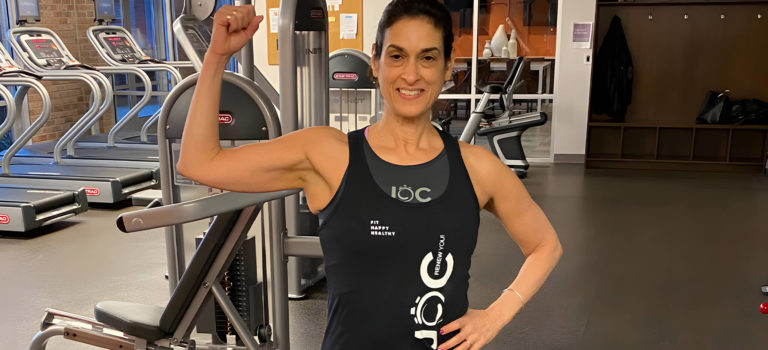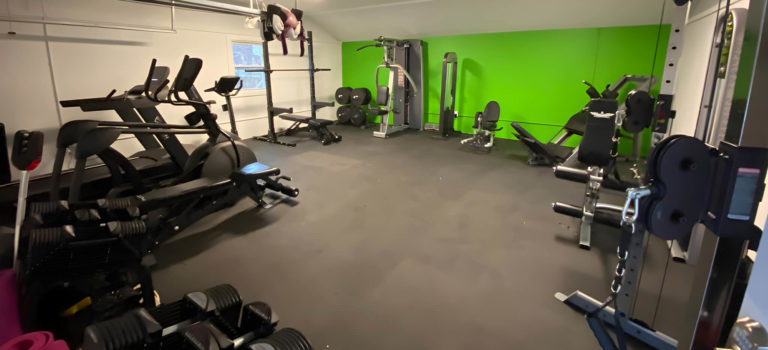Have you ever felt that the struggle of getting and feeling fit increases with age? If you’re like most women, you notice some changes as you face the difficult time of menopause. It can seem like no matter what you do and how hard you try, you can’t be the Superwoman you are meant to be. Menopause is a transformational time, where you will battle the many physical and psychological changes. Many women in their 40s and beyond will struggle to stay strong and keep the fat off their waist, hips, and thighs. Even women that exercise and try their very best to eat right can fail to see the results they deserve. The truth is that you may be destroying your metabolism. Here’s what you need to know about having a higher metabolism after 48.
When you eat food, your body has to turn it into energy to use, and it does this through the process of metabolism. Your body combines oxygen with the calories in your food to release the energy it needs to do every single activity from breathing to adjusting hormones, and repairing cells. The energy you need for your basic functions is pretty consistent, and it’s called your basal metabolic rate. It’s a natural process that your body is excellent at adjusting to your unique body. Body size, sex, and age are all cited as factors that determine metabolism, but the common theme is that people with more muscle mass and less body fat burn calories faster and have a higher metabolism. A higher metabolism sounds great! So what’s the problem?
While your metabolism is fairly consistent, there are some monumental changes that occur at certain times. Yep, you guessed it, menopause dramatically affects your metabolism. As you go through menopause, your estrogen levels drop. There is a widespread myth that women tend to have lower metabolic rates because estrogen slows down metabolism… but this could not be further from the truth! Lower estrogen levels are associated with reducing the metabolic rate, and menopause is one culprit for dropping estrogen levels. Menopause is also marked by muscle mass loss, and difficulty building and keeping muscle. The less muscle you have, the slower your metabolism will be, and the harder it will be for you to lose and keep off excess fat. The same high-calorie meal you used to eat and burn off quickly will now be turned into fat and stored. Lastly, the speed at which you use up energy during exercise declines. The same workout you did in your college days will not burn as many calories for you after menopause.
Once menopause hits, it can put a damper on your fitness goals and passion, but it doesn’t have to. Yes, our bodies change as we age, but we can adjust our mindset, nutrition, and exercise to keep us as healthy and happy as possible. There’s no magic pill, but there are ways to put in a little sweat equity and improve your metabolism at any age. Some ways to better your metabolism after 48 include:
Read More










